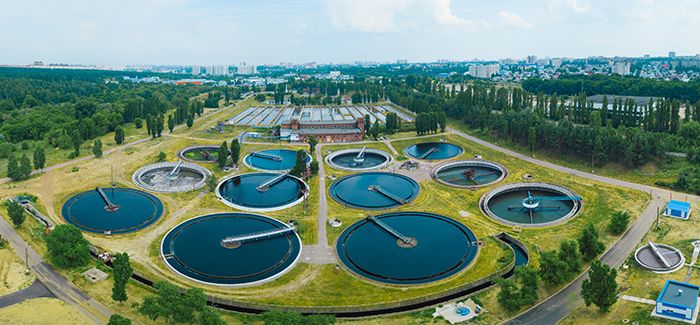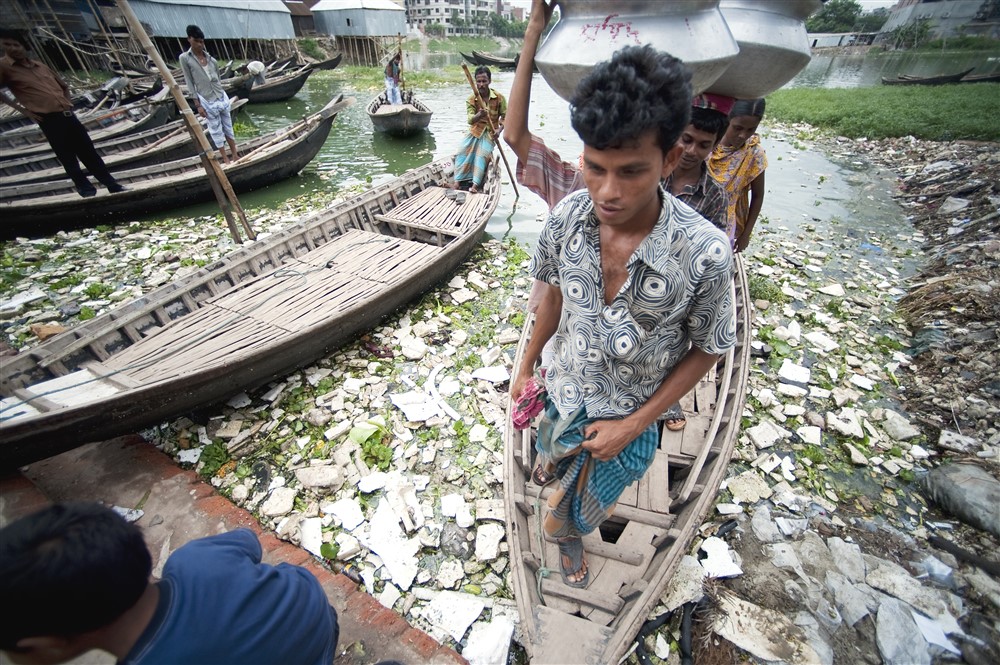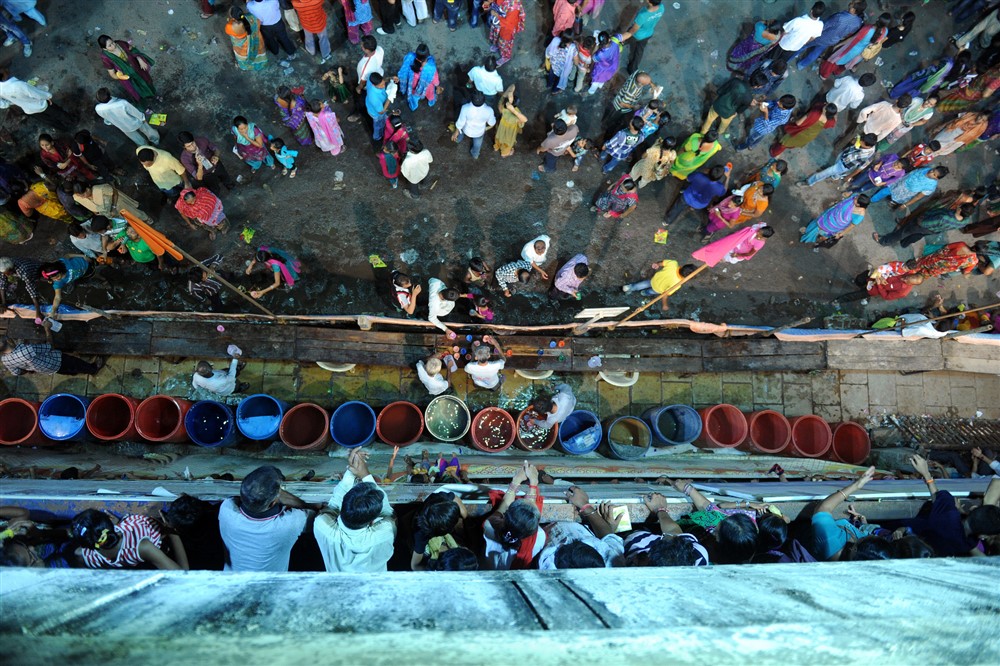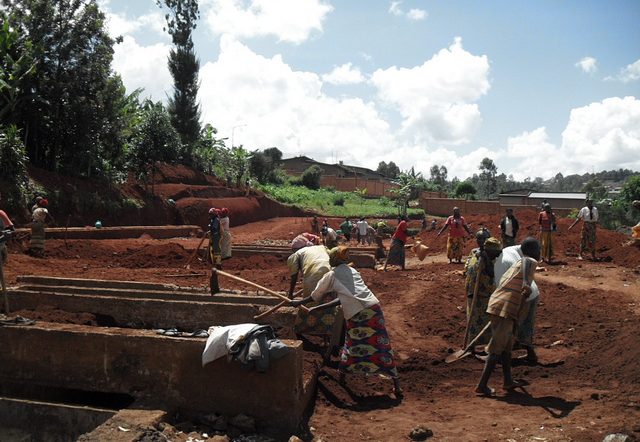
Good water quality is essential to human health, social and economic development, and the ecosystem. However, as populations grow and natural environments become degraded, ensuring there are sufficient and safe water supplies for everyone is becoming increasingly challenging. A major part of the solution is to produce less pollution and improve the way we manage wastewater.
A more circular and therefore more sustainable economy requires us to value wastewater for its potential, rather than discard or ignore it. More than just an alternative source of water, safe wastewater management could help protect our ecosystems and give us energy, nutrients and other recoverable materials.
Challenges and opportunities
Water must be carefully managed during every part of the water cycle: from fresh water abstraction, pre-treatment, distribution, use, collection and post-treatment, to the use of treated wastewater and its ultimate return to the environment, ready to be abstracted to start the cycle again. Due to population growth, accelerated urbanization and economic development, the quantity of wastewater generated and its overall pollution load are increasing globally.

Contaminated water in Karial slum, one of the urban slums of Dhaka, Bangladesh. Photo Kibae Park/Sipa Press
The availability of safe and sufficient water supplies is inextricably linked to how wastewater is managed. Increased amounts of untreated sewage, combined with agricultural runoff and industrial discharge, have degraded water quality and contaminated water resources around the world. Globally, 80% of wastewater flows back into the ecosystem without being treated or reused, contributing to a situation where around 1.8 billion people use a source of drinking water contaminated with faeces, putting them at risk of contracting cholera, dysentery, typhoid and polio. Far from being something to discard or ignore, wastewater will play a major role in meeting the growing water demand in rapidly expanding cities, enhancing energy production and industrial development, and supporting sustainable agriculture.
Wastewater and cities
Mainly in low-income areas of cities and towns within developing countries, a large proportion of wastewater is discharged directly into the closest surface water drain or informal drainage channel, sometime without or with very little treatment. In addition to household effluent and human waste, urban-based hospitals and industries such as small-scale mining and motor garages, often dump highly toxic chemicals and medical waste into the wastewater system.

Even in cities where wastewater is collected and treated, the efficiency of treatment may vary according to the system used. However, water used by a municipal authority for irrigating green spaces or cleaning streets does not need to be treated to a potable standard. Treating wastewater to a water quality standard appropriate to its intended use increases the potential for cost recovery.
The growth of urban demand for water will require new approaches to wastewater collection and management. Indeed, reused wastewater may help address other challenges including food production and industrial development.
Wastewater and industry
Societal and environmental pressures over recent years have led to a growing movement for industry to reduce its wastewater and to treat it before discharge. Wastewater is now seen as a potential resource and its use, or recycling after suitable treatment, can provide economic and financial benefits. Societal and environmental pressures over recent years have led to a growing movement for industry to reduce its wastewater and to treat it before discharge. Wastewater is now seen as a potential resource and its use, or recycling after suitable treatment, can provide economic and financial benefits.
Wastewater can be used within the business itself or between several businesses through ‘industrial symbiosis’. Industrial water consumption is responsible for 22% of global water use. In 2009 in Europe and North America, water consumption by industries was 50% as compared to 4-12% in developing countries. It is expected that in rapidly industrialising countries, this proportion could increase by a factor of five in the next 10-20 years. Therefore, there is a strong incentive to use wastewater in-house and locally, based on cost savings alone.
Businesses can directly use some wastewater, providing it is fit for purpose. For instance, using process water for cooling or heating, or rainwater from roof collection or concrete aprons for toilet flushing, irrigation or vehicle washing.
Wastewater in agriculture
Partly to help maximise yields to meet demand, usage of chemical fertilizers and pesticides has increased in recent years both in industrial and small farming, making agriculture a potential source of environmental pollution.

Pollution of groundwater and surface water by agricultural use of untreated or inadequately treated wastewater is a major issue in many developing countries where such irrigation is practised. Improved wastewater management can improve the health of workers, especially in agriculture, by reducing the risk of pathogen exposure.
Farmers are increasingly looking into non-conventional water resources, mainly wastewater, whether due to its high nutrient content or lack of conventional water resources. If applied safely, wastewater is a valuable source of both water and nutrients, contributing to water and food security and livelihood improvements.
Source: UN Water
https://pacinst.org/how-the-coronavirus-pandemic-is-affecting-water-demand/
